Top three benefits of modular builds
Whether you love or loath IKEA, there is no denying the thrill of picking out furniture and seeing it in your home on the same day. More and more house builders are now taking a leaf out of Ikea’s book with housing estates being constructed using modular build practices. Editor of buildingspecifier.com and MMC Magazine, Joe Bradbury hears the top three benefits of modular builds according to premium coil coated aluminium supplier Euromax:
While modular builds won’t mean new housing estates springing up in a matter of hours, it will considerably reduce the wait. However, that is just one of the benefits of a pre-fabricated approach, as Nick Cowley, managing director of uPVC windows and doors expert, Euramax, explains.
The flatpack phenomenon is still changing the way we live and work. In the last three decades, machinery and technology developments have meant that bigger, stronger and more efficient modular structures, including schools, business parks and medical facilities, are being built across the globe.
Modular buildings and homes are prefabricated away from the final building site in sections, or modules. These are then delivered to the intended site where installation occurs.
Error, group does not exist! Check your syntax! (ID: 4)The need for speed
As modular buildings are able to be constructed in highly controlled environments, it means that the build process can be completed up to 50 per cent faster than by using traditional construction methods.
This ability to be built and installed quicker, means that the return on investment (ROI) is potentially far greater than traditional building projects, as the construction phase is significantly shortened.
Show me the money
The overall cost of the build can be reduced by up to 30 per cent by using modular practices. Shorter build time saves money on reduced labour costs and on-site equipment hire costs.
The overall cost of construction materials will also be reduced as it means that the pre-fabricator can buy materials required in larger quantities for multiple projects, rather than just on an ad-hoc basis. These materials will all be delivered to one location, rather than multiple construction sites, so transportation and delivery costs are lower too.
Modular construction also means that any installed elements, like windows and doors, or practical elements such as kitchens or light fixtures, can be delivered and installed all at once. Expert suppliers, like uPVC window and door manufacturer, Euramax, can deliver equipment and materials either to the pre-fabrication facility, or directly on site.
The process of constructing a modular build off site means that any errors or issues with construction can be eliminated before arriving on site. This means that staff are less likely to need to spend large amounts of time and effort fixing things once installation is complete.
Customisable options
Modular builds open up huge potential in terms of design aesthetic and innovation. Traditional building designs are often restricted by the amount of space and planning regulations of how much work can be done to the local area and land. However, modular builds can be designed to a set of specifications that adapt to any restrictions that may be in place.

Nick Cowley – Managing Director
As each modular build is tailored to the individual users needs, the construction can be designed and made to the exact space, budget and design requirements. Modular buildings are also commonly constructed out of more durable and environmentally sustainable materials, making the properties a better investment for both the construction company and the buyer.
So, while the cheap and cheerful, cookie-cutter style furniture you buy and build from IKEA can be cost effective and an instantaneous moment of gratification, modular builds open up a much wider range of opportunity to reduce costs, speed up projects and create a unique look.



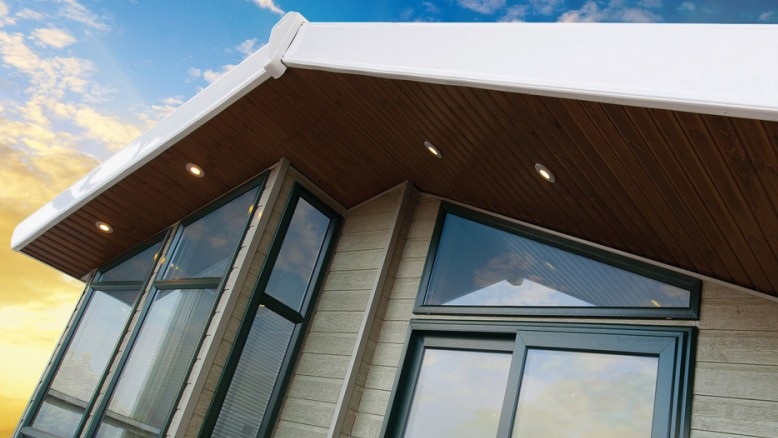

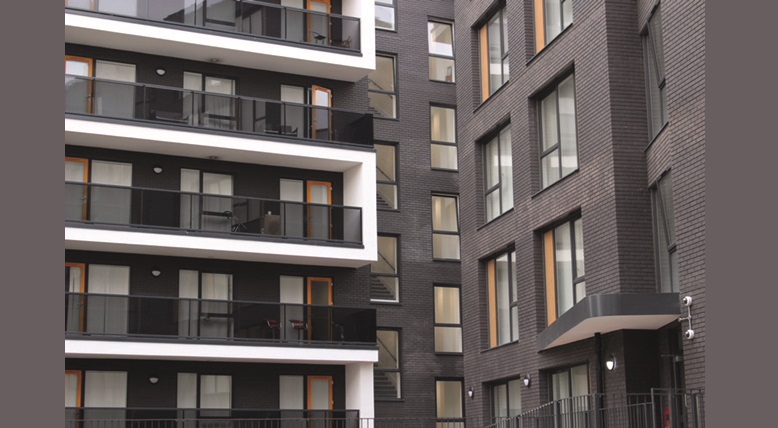
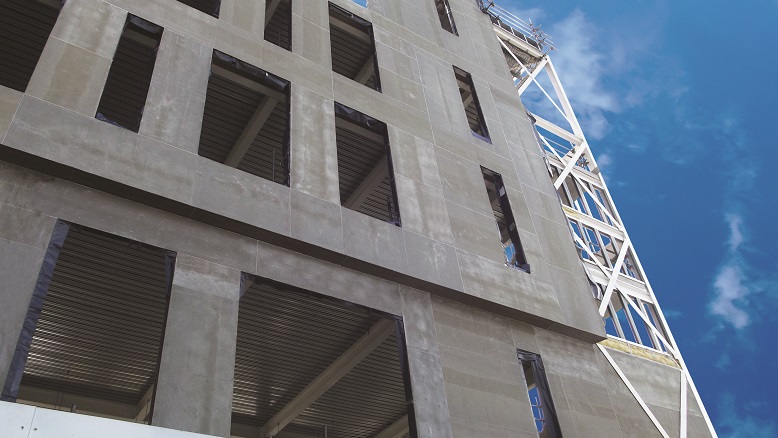
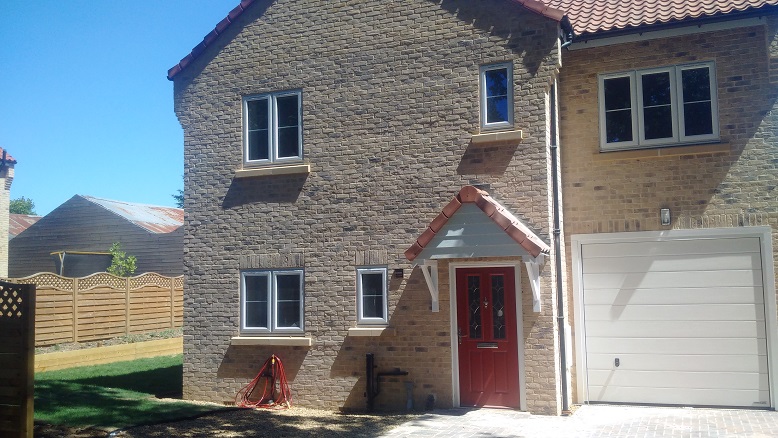
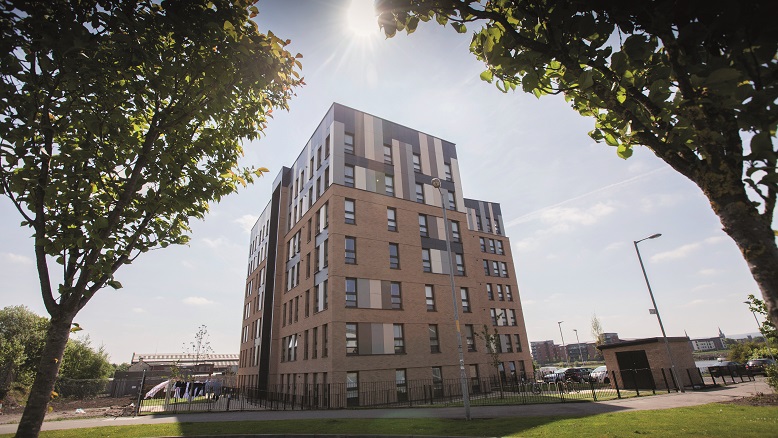

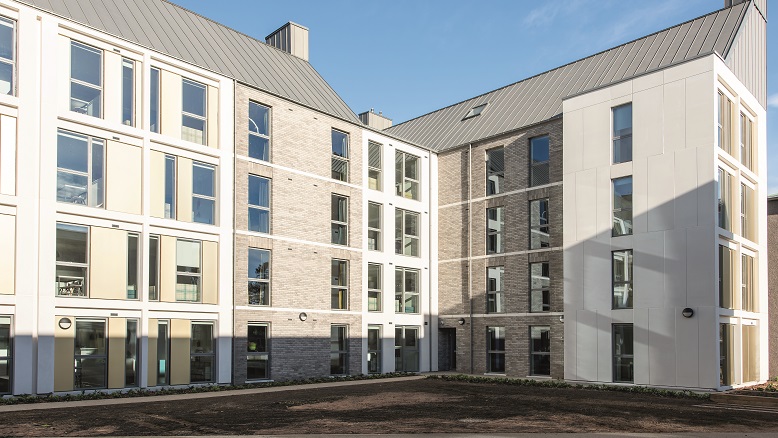



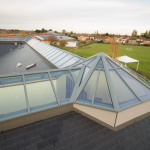

Leave a Reply
Want to join the discussion?Feel free to contribute!